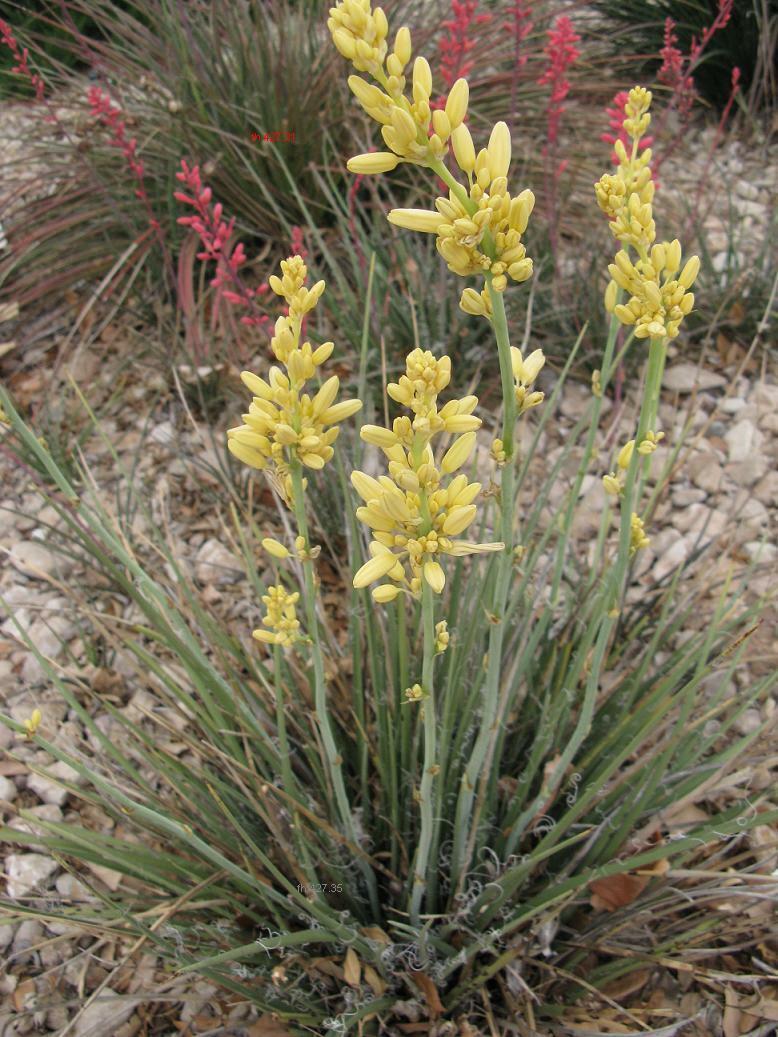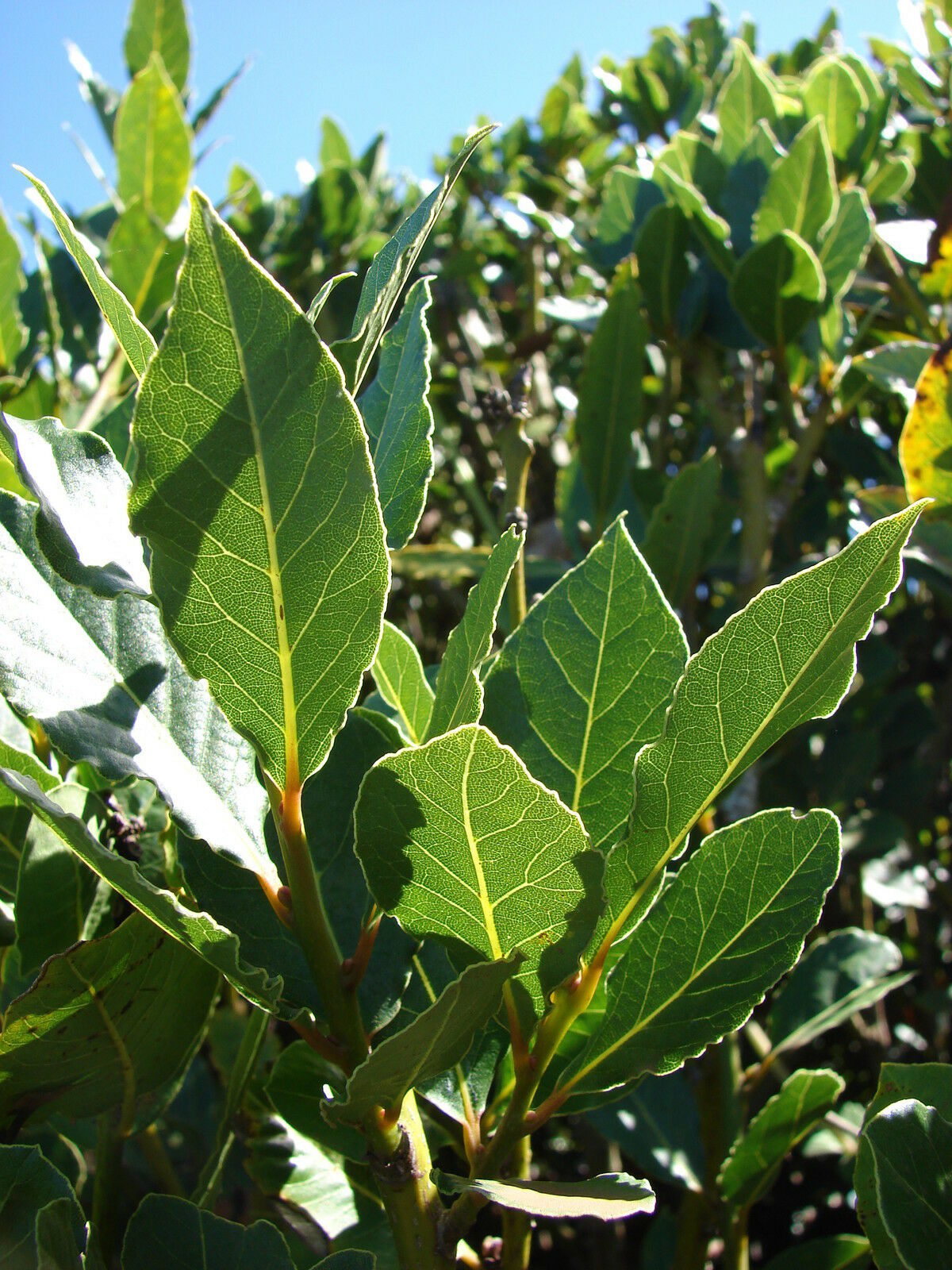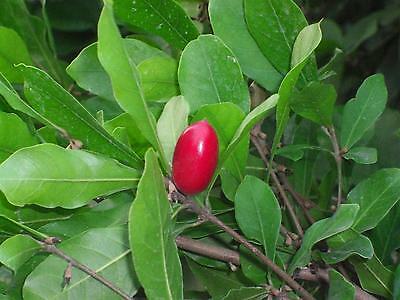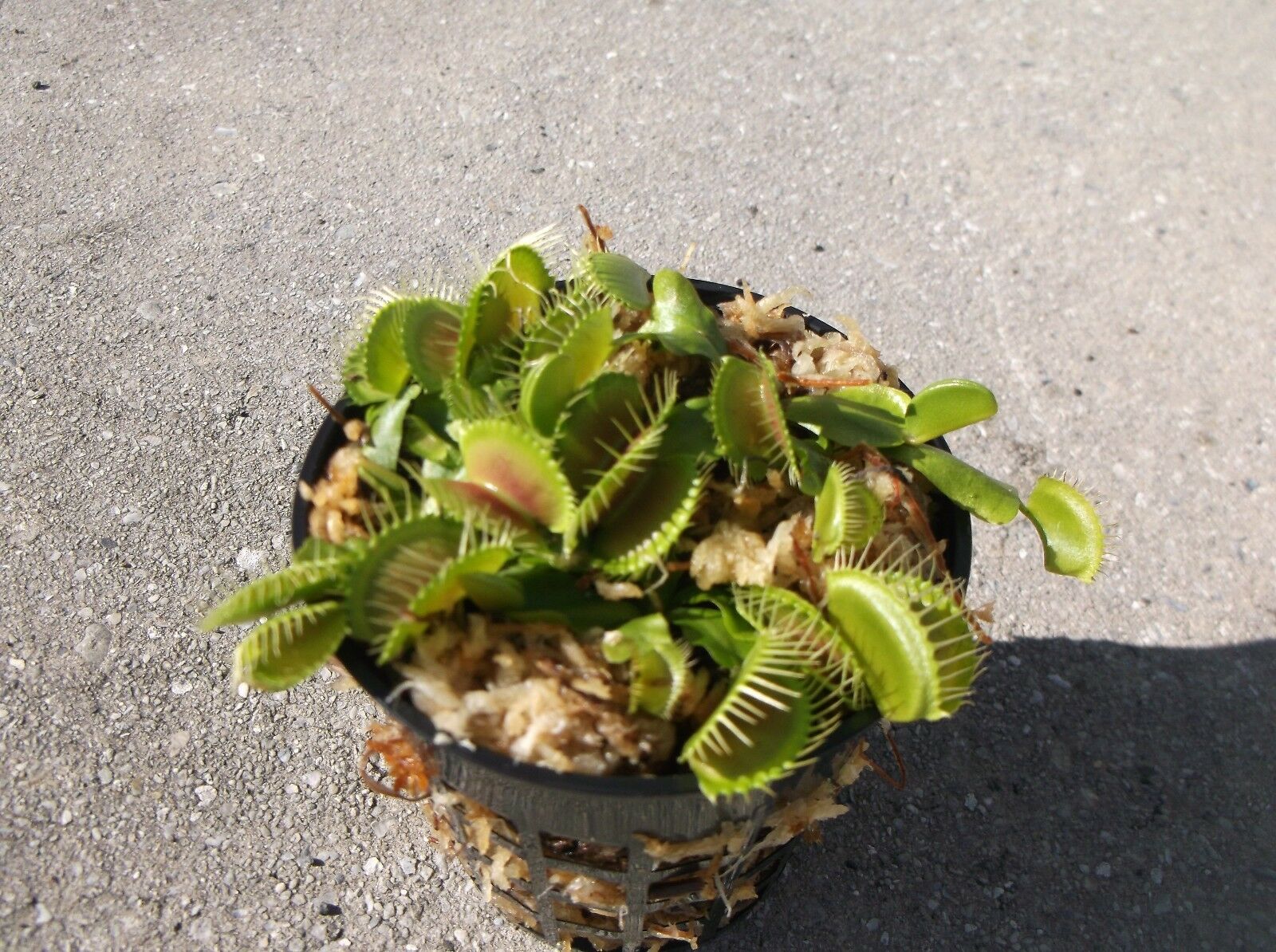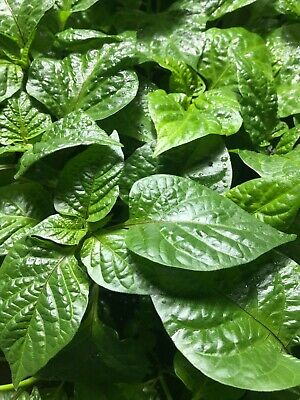-40%
Yellow Flower, Golden Texas Yucca "Rare" Hesperaloe parviflora - (30 Seeds) 018B
$ 3.03
- Description
- Size Guide
Description
Yellow Flowers, Golden Texas Yucca "Rare" - Hesperaloe parviflora(30 Seeds) (018B) 2018
Please add .50 for tracking information.
Golden Texas Yucca (Hesperaloe parviflora 'Yellow') is a beautiful, uncommon yellow-flowered form of Texas Red Yucca, a low-water garden favorite. Plant it with other
Hesperaloes to create superb bi-colored combinations that are sure to draw hummingbirds to your garden.
Latin Name
Hesperaloe parviflora
'Yellow'
Common Name
Yellow-flowered "red" yucca
Family
Asparagaceae
, the Asparagus family.
What kind of plant is it?
Broadleaved evergreen perennial.
Hardiness
Zones 5 - 10.
Habit
Clumping, with narrow grassy foliage and tall spikes of colorful flowers.
Rate of Growth
Fast when happy.
Size in ten years
Three to four feet tall and wide; five feet tall or taller in bloom.
Texture
Grassy and yucca-like.
Grown for
its flowers: Although not large—an inch and a half—the pale-yellow narrow pendant bells are in thick clusters up tall narrow spikes, and are very showy over a long period, in bud as well as bloom. Hummingbirds love them, too.
its foliage: Thick clumps of narrow grassy evergreen foliage are excellent groundcover, and with good drainage in climates where Winters are cold but dry, have year-round effect.
its toughness: As long as Winter drainage is excellent,
Hesperaloe
needs only sun and, perhaps, some water to get established. After that, no watering is needed.
its rarity: "Red" yucca's flowers are, actually, a somewhat difficult-to-use fleshy pink that's too salmon to go with true pink, yet too pink to go with reds and oranges. This yellow-flowered cultivar significantly expands the design possibilities for this attractive and tough-as-nails perennial.
Flowering season
In-ground, an unusually long season: Spring into Fall. Not as floriferous in containers; for me, bloom is August into September.
Culture
Full sun, excellent drainage, little water. In the dry climates it prefers, red yucca is so-self reliant it's a regular choice for unirrigated highway medians. One website said it was
the
most popular landscape plant in Tucson, Arizona.
How to handle it
Excellent drainage, especially over the Winter, is essential to hardiness, especially in Zone 7 and below. Red yucca is so drought-tolerant that enriched soil isn't necessary and, in fact, could be harmful precisely because it would retain more moisture. If your soil isn't naturally fast-draining, plant red yucca on a slope, or even just atop a gentle mound that you've re-dug with loads of sand and even gravel.
Or grow it in a container. Even "hardy" plants are much less so when growing in containers, where their roots are also exposed to the same rapid temperature swings, day to night to day, of the leaves and stems. In Zone 8 and below, bring potted red yucca into shelter for the Winter. In a warm greenhouse it will keep active year-round, but it can also be kept dormant in a cool but sunny spot, where it should be watered only if leaves start to shrivel.
In containers, red yucca could need some supplemental water in very hot weather during drought; in-ground plants develop deep and wide-spreading roots that aren't possible when being confined in containers. Fertilize in Spring and Summer to speed growth.
Clip off spent flower-stalks; remove spent foliage at any time. That said, red yucca, though, is exceptionally low-maintenance.
Downsides
Sensitivity to Winter wetness limits in-ground use in other than "dry garden" settings where the plant is, otherwise, completely hardy to the low temperatures themselves
Variants
The species' flowers are variable, but are usually a fleshy pink that is difficult to combine with either pink, red, or yellow. A newer cultivar, 'Perpa', is a vivid and true red—a welcome breakthrough. There are a few other
Hesperaloe
species, either larger-scale or night-blooming, but none of which are so showy that they would be your first choice for a
Hesperaloe
.
Availability
On-line and, where the local climate is such that red yucca is commonly planted, at retailers.
Propagation
By division.
Native habitat
Hesperaloe parviflora
is native to northeastern Mexico and southwestern Texas.
